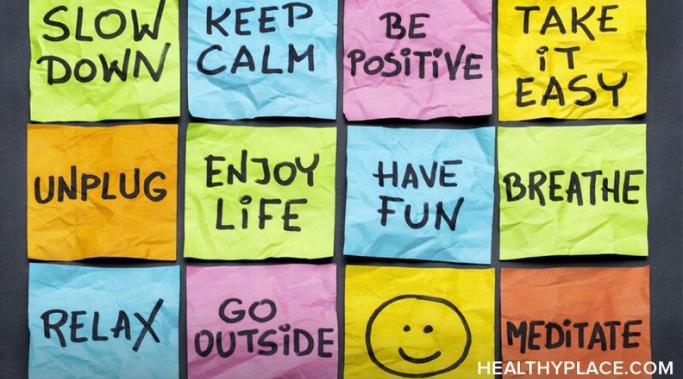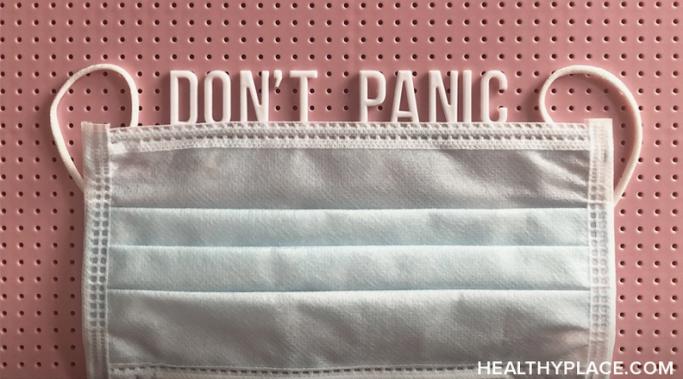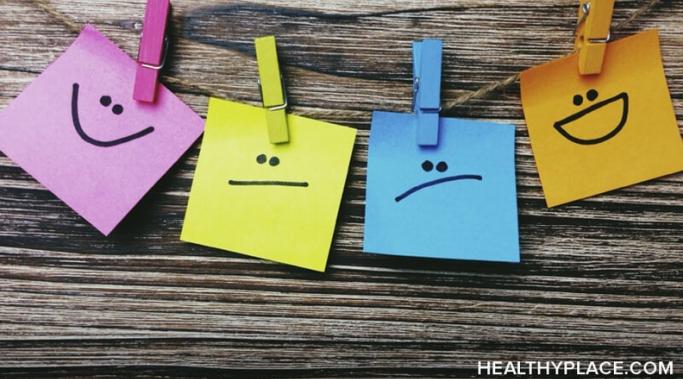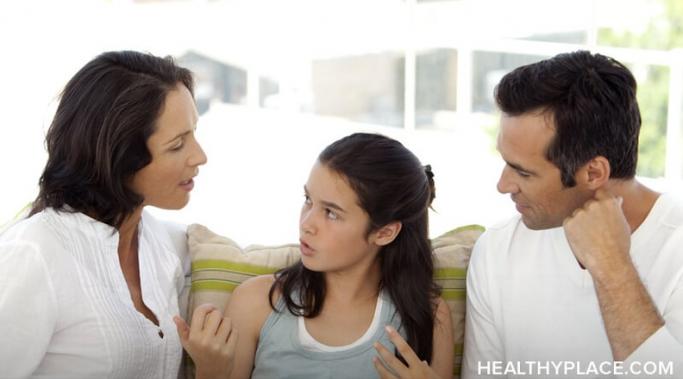There are so many different schools of thought on how to support someone who is mentally ill. In the early days of my brother's diagnosis, I frantically researched the best ways to help him and found myself entirely overwhelmed with all the conflicting information that's out there. One blog would tell me to listen to him talking about his anxious thoughts, the next would tell me to redirect the conversation to avoid fixation. One blog would encourage me to design a routine where the family had coffee together every morning, the next would say to remove all caffeine-based stimulants from the house. I didn't know who to listen to.
Mental Health Village of Providers
In the efforts to support your family member with his or her mental illness, it is easy to stray into the unhelpful territory of micromanaging symptoms. I know this because it's a mistake that I made with my own brother.
Since my brother was diagnosed with anxiety and depression, all types of people have tried to give him advice on his mental health symptoms. Many of these people have no experience of a mental health diagnosis themselves -- and while they mean well, their mental health advice could actually exacerbate depression and anxiety symptoms if my brother followed it.
I must confess, family therapy is something our family has never tried. My brother underwent intensive cognitive behavioral therapy when he was first diagnosed with anxiety and depression, and the facilitator recommended a family therapy session. My parents declined -- I guess the idea of everyone sitting down and talking about their feelings to a stranger didn't feel right at the time.
We're all doing a lot of waiting recently due to COVID-19 restrictions -- but how does it compare to the ongoing waiting experiences of those with mental illness? Read on.
Two things that I find to be true when supporting family members with mental illness at any time are these: you cannot pour from an empty cup, and oftentimes just being there is the most important thing. Here is how these truths have manifested themselves in our family's life during COVID-19.
Caregiver guilt has been something that has featured heavily for me since my brother, Josh,* was diagnosed with anxiety and depression. For me, this caregiver guilt is a very uncomfortable emotion that I struggle to talk about -- and I want to pick it apart a little bit in this post.
Over the past few weeks, there has been a lot of media coverage about the suicide of television and radio presenter Caroline Flack. I didn’t know Caroline beyond seeing her on TV, but hearing about her death affected me deeply for some reason. I had a panicked sleepless night, and couldn’t shake the feeling of tearfulness that started as soon as I’d been told about the suicide. (Note: This post contains a trigger warning.)
Speaking openly about mental illness helps, but one thing I know for certain is that ''talking about your feelings'' cannot cure a diagnosable mental illness. To purport this idea is reductive and shows a deep-rooted misunderstanding of the complex physiological roots of psychiatric conditions. However, through supporting my brother in his experiences with anxiety and depression, I have come to appreciate that talking openly about emotions does play an extremely important role in a family where mental illness is present.
Learning to recognize caregiver stress at its early stages is important. Supporting my brother through his anxiety and depression has made me keenly aware of the importance of managing my own stress. For me, the first step of this process was learning to recognize the early signs of caregiver stress in my body.









